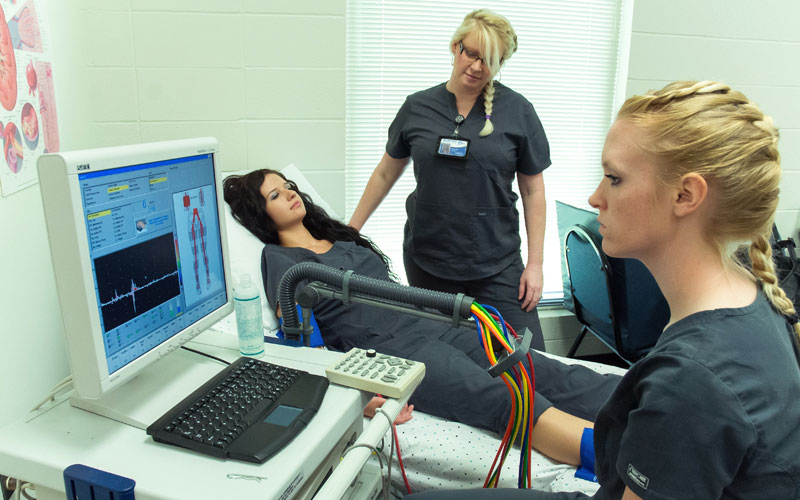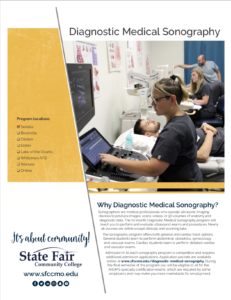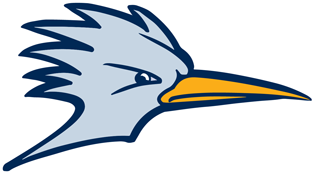Sonographers operate ultrasonic imaging devices to produce images, scans or videos of anatomy and diagnostic data. Our program will teach you to operate the machines and to perform and evaluate ultrasound exams and procedures.
Title IV and Licensure
The State Fair Community College Diagnostic Medical Sonography Program is designed to meet educational requirements for a professional license/certification in Diagnostic Medical Sonography required for employment as a Diagnostic Medical Sonographer in ALL 50 STATES. If you have questions about licensure/certification requirements in a specific state, contact the program directly or view the information listed in Consumer Information. The information will be reviewed and updated on an annual basis prior to the start of fall semester.

Is This Program Right for Me?
To be successful in the field of Diagnostic Medical Sonography you should have strong critical-thinking, observation, and technical skills; excellent active listening and social perception skills; strong oral and written expression and comprehension; arm-hand steadiness and control; and pay attention to detail.
The program offers general and cardiac degree tracks. Each 22-month track consists of online didactic courses, on-campus scanning lab, and internships at assigned clinical settings. General track students will learn to perform abdominal, small parts, obstetric, gynecology, and vascular exams. Cardiac track students will be trained to perform detailed cardiac and vascular exams.
Upon successful completion of the program, you will be eligible to take specialized certification exams, which are required by some employers and may make you more marketable in a job search.
Occupational Outlook
Diagnostic medical sonographers conduct ultrasound imaging, compile the subsequent reports and may interpret the reports. Employment is available in labs, clinics, healthcare centers, or hospitals. Salaries range from $47,000 to $62,000.
Data Sources – The website mynextmove.org, which is developed and maintained by the National Center for O*NET Development, under the sponsorship of the U.S. Department of Labor’s Employment and Training Administration, and the Missouri Economic Research and Information Center (MERIC).
Accreditation
SFCC’s Diagnostic Medical Sonography program is accredited by the Commission on Accreditation of Allied Health Education Programs (www.CAAHEP.org) upon the recommendation of JRC-DMS.

Commission on Accreditation of Allied Health Education Programs 9355
113th St. N, #7709
Seminole, FL 33775
www.caahep.org
The Sonography program utilizes a competitive admission process and requires an additional separate admission application. Applications are due on or before March 1 of each year for students who will begin the program that August.
- Students must pass a background check utilizing a United Stated social security number, have a negative drug screening and record of all required immunizations. For additional information, review the Program Information PDF located on left side of this webpage.
- This program requires courses to be taken in Sedalia and online.

